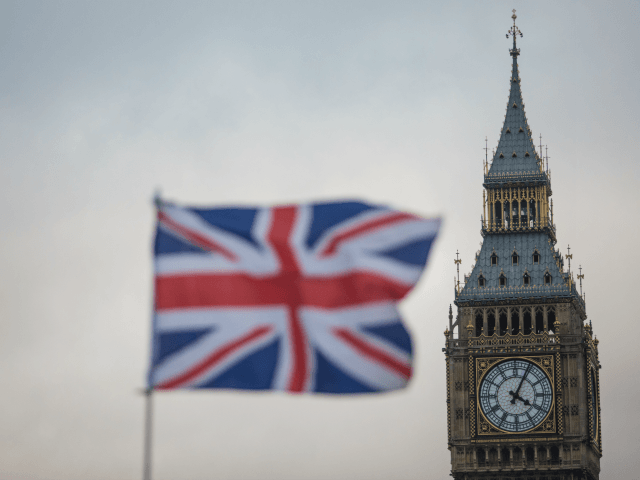MPs have voted to allow the bill authorising the Prime Minister to trigger Article 50 to proceed to the next stage of the parliamentary process.
The House of Commons voted by 498 to 114 to give the European Union (Notification of Withdrawal) Bill its second reading, although the main opposition Labour Party suffered a heavily rebellion, with several MPs defying leader Jeremy Corbyn to vote against.
If the bill becomes law, it will authorise Prime Minister Theresa May to serve formal notice to the European Union that Britain intends to withdrawal, thus beginning the formal Brexit process.
The bill will now return to the House of Commons next week for the committee stage, where opposition MPs are likely to table several amendments.
When it finally clears the House of Commons, it will then go through a similar process in the House of Lords.
Theresa May hopes to invoke Article 50 when she meets EU leaders in Malta on 9 March, leaving a very tight timetable for the bill to make it through the overwhelming Remain-supporting Lords.
The government wants the upper chamber to have approved the bill by 7 March, but if the Lords decide the table amendments, the bill will have to return to the House of Commons for further debate.
On Monday, the Prime Minister strongly criticised those MPs who planned to vote against the bill, saying: “Parliament voted six to one to give the people the decision as to whether we should stay in the European Union, they have spoken in that vote.
“I hope when people look at the Article 50 bill they will recognise that it is a very simple decision – do they support the will of the British people or not.”

COMMENTS
Please let us know if you're having issues with commenting.